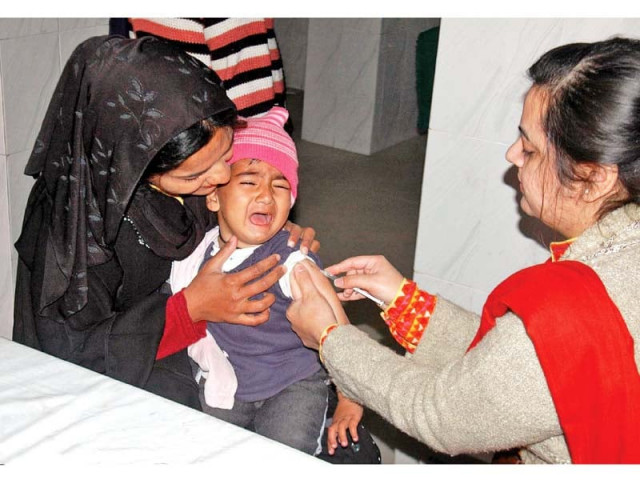
The shortage has led to two problems: first, hundreds of thousands of infants, who have not been immunised with the Bacillus Calmette-Guerin (BCG) vaccination, have been left prone to TB, and secondly, the vaccines are being smuggled to private health centres leading to the use of incorrect syringes.
These centres illegally charge from the parents hundreds to thousands of rupees for a single dose, which is administered for free at the government's health facilities. Moreover, in absence of the auto-disabled BCG syringes, the private health centres are using insulin syringes, which are officially banned for this use.
The BCG syringe injects a minuscule dose of 0.05 millilitre to an infant, whereas, dose measurement in the insulin is primarily based on an estimate. As the insulin syringes are not auto-lock syringes, they can be used to inject more than one infant.
This blatant disregard for public health is taking place right under the nose of the provincial health authorities and the Expanded Program for Immunisation (EPI), which is the federal agency responsible for supplying vaccines and syringes for immunisation of children.
"Patient safety should be top priority [of the health centres]," said Dr Fayaz Umrani, a paediatrician working for Aga Khan University Hospital's health facility in Matiari district. She pointed out that TB is a life-threatening illness for people of any age and it is more serious for a newborn child. "The official ban on insulin syringe's use for the BCG vaccine is based on the knowledge of this practice's adverse effects on the infants," she said.
Sitting duck
Between November 2015 and April 2016, Hyderabad district received only 2,000 syringes against the requirement of 36,000. The authorities failed, however, to relate even a single instance of action against this practice. This is despite their claim that they have conveyed the EPI ban on insulin syringes to the health practitioners.
"There is no regulatory law under which we can raid and book a health facility for using insulin for the BCG," said Hyderabad additional district health officer (DHO) Iqtedar Hussain.
Smuggled syringes
But the problem here is not just of the insulin syringes as smuggling of the BCG vaccine, which is only available through the EPI, is also taking place. Many of the private facilities, where an EPI centre does not exist, are somehow providing this vaccination.
"We get the vaccine from an EPI centre at a taluka hospital," said a paediatrician, who requested anonymity. "They perhaps forge the records to show the [smuggled] vaccines as either damaged or expired."
The doctor refused to share at what price he illegally buys the vaccine from the EPI centre, he justified this practice as the only way to immunise the children.
Failure to balance
Despite the shortage of syringes, the EPI continues to supply the vaccines. The DHOs collect all the EPI vaccines from its divisional depots and distribute them to the EPI centres at district and taluka hospitals, and other government and registered private health facilities.
"Our records since November 2015 show we received only 2,000 syringes but more than 800 vials, which are enough for 10,000 to 12,000 infants, were used," said a health official, who requested anonymity. "Can the health officials explain this huge discrepancy?"
The officer believed that this problem is not only pertinent to Hyderabad. "[This happens] across the province wherever BCG syringes aren't available." EPI Sindh director Agha Ashfaq failed to explain why the vaccines are being supplied regularly despite the shortage of syringes. "Our responsibility is to provide the vaccines to the DHOs," he said. "If any leakages [illegal sale to private health practitioners] are happening, it's for the health authorities to look out."
For their part, health department director-general Syed Hassan Murad Shah said his office continuously submits requirements of both the vaccines and syringes but the latter are in very short supply for six to seven months.
Published in The Express Tribune, May 17th, 2016.



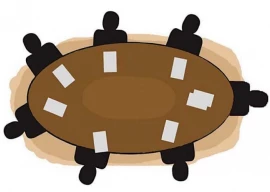
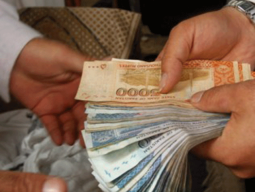

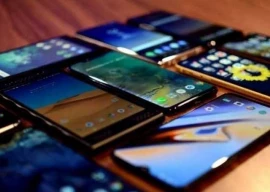

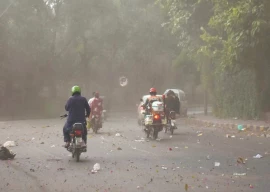

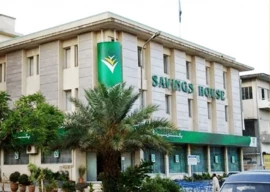






COMMENTS
Comments are moderated and generally will be posted if they are on-topic and not abusive.
For more information, please see our Comments FAQ